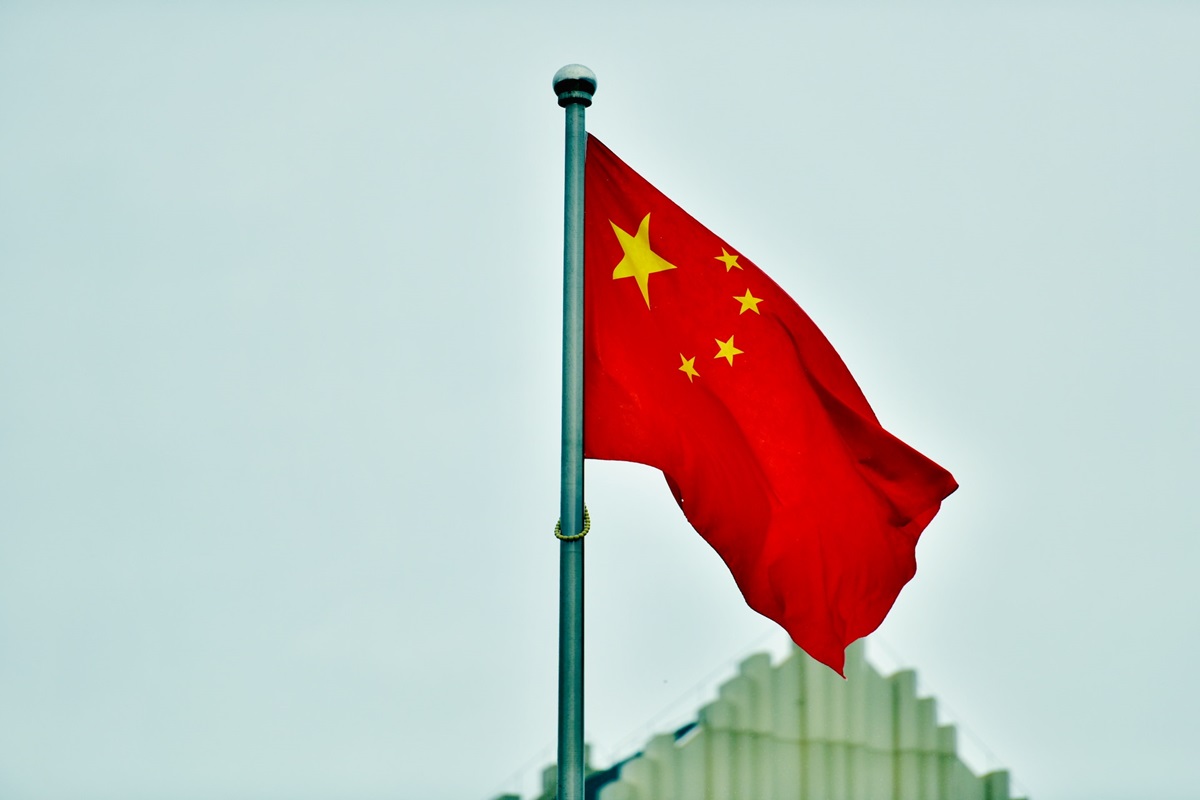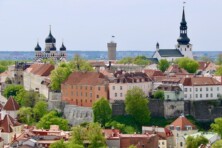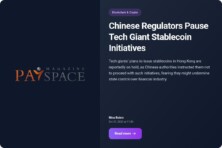Chinese Premier Li Qiang on Tuesday, January 16, during a speech at the annual meeting of the World Economic Forum in Davos, Switzerland, said that the growth of the Asian country’s economy over the past year amounted to approximately 5.2%.

Li Qiang noted that last year, the Chinese economic system as a whole was able to recover and showed some improvement. He is the second-highest official in an Asian country, taking part in a meeting of world political and business leaders.
The figure reported by Li Qiang exceeds the Chinese government’s economic growth target of about 5%. On Wednesday, January 17, the leadership of the Asian country intends to release information on GDP for 2023.
The growth rate of China’s economy, which was announced by the Prime Minister, is much better than the result for 2022 when this figure was fixed at 3%. At the same time, last year’s data is among the worst in the last three decades.
China’s economic growth has slowed significantly due to the coronavirus pandemic, which has led to restrictions that have paralyzed processes in many spheres of activity. The indicator that Li Qiang reported in Davos, excluding data for a period of difficult sanitary and epidemiological situation, reflects the slowest growth rate since 1990. In the mentioned year, the economy grew by 3.9%. At that time, Beijing faced international sanctions after a harsh crackdown on the Tiananmen Square protest in 1989.
Some experts last year stated that China’s economic growth target of about 5% is conservative, noting the likelihood of higher rates of positive dynamic of this indicator. The final result confirmed these assumptions.
Li Qiang said Beijing did not use massive incentives. At the same time, such statements are, in a sense, issues of a matter of wording. Last year, the Chinese leadership lowered interest rates and introduced certain financial assistance measures to support the economy. The determination of the massive of this activity depends on the evaluation criteria.
Currently, for many analysts, the object of interest is how Beijing will maintain positive economic momentum in 2024. The media, citing insiders, report that in the context of achieving the corresponding goal, considering the possibility of 1 trillion yuan ($139 billion) of new debt issuance.
Currently, China’s economic system is under pressure from factors such as the crisis in the real estate sector, deflation, a rapidly aging population, and record youth unemployment. Many experts predict a slowdown in the Asian country’s economic growth to about 4.5% in the current year.
Last year, China’s stock markets faced huge losses. The blue-chip CSI 300 index showed a decline of more than 11%. Hong Kong’s Hang Seng fell by 14%. At the same time, the MSCI global index increased by 22% in 2023. This is the most significant rate of positive dynamic of the mentioned index since 2019.
Li Qiang said that if China’s economic activity encounters various twists and turns, the overall long-term positive trend will remain stable. The Prime Minister also tried to reassure investors, whose level of wariness about business in the Asian country is growing amid tightening conditions and slowing economic growth. He stated that investing in the Chinese market is an opportunity, not a risk.
Li Qiang noted that there are currently about 400 million middle-income people living in the Asian country. According to him, this number is expected to double in the next 10 years. He also noted that the momentum for consumer activity in China is very strong.
Li Qiang is convinced that the ongoing urbanization process will stimulate demand growth in sectors such as education, medicine, housing, and care for the elderly. According to him, in the foreseeable future, almost 300 million Chinese living in rural areas will migrate to cities. Li Qiang also said that there are currently many opportunities in the Asian country to invest in the modernization of transport and telecommunications infrastructure.
The Prime Minister promised to create a favorable operating environment for international business in China. He said that regardless of the geopolitical situation, Beijing will adhere to the fundamental national policy of openness.
Back at the end of last year, the media reported that China was stepping up efforts to revive the economy and return foreign investment. Many companies from other states are afraid of the growing attention from regulators in the Asian country, and against this background, they are gradually leaving the local business space. In the third quarter of last year, a measure of foreign direct investment in China turned negative for the first time since 1998.
On Monday, January 16, Li Qiang held a meeting with Swiss President Viola Amherd, after which he said that the countries would deepen economic ties and begin negotiations on updating the free trade agreement.
In November, the head of the People’s Republic of China, Xi Jinping, visited the US for the first time in more than six years. Mr. Jinping held a meeting with the President of the United States Joe Biden and American business leaders, to whom he promised to facilitate investment and activities in China.
Ursula von der Leyen, president of the European Commission, who spoke after Li Qiang on Tuesday, said that the EU does not want to decouple with the Asian country and noted that it is necessary to somehow reduce the risk to supply chains.
Also, she drew attention to the fact that Beijing is preparing export control measures for germanium, gallium, and graphite used in the production of semiconductors. Ursula von der Leyen stated that such actions do not contribute to building trust.
As we have reported earlier, China’s Annual Exports Demonstrate Decline.









